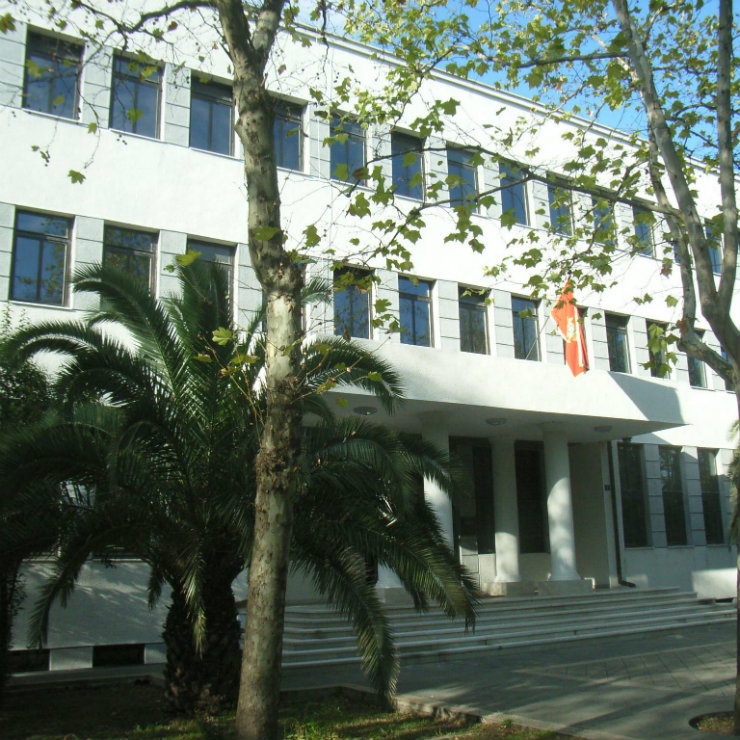
Montenegro’s example shows that maintaining competitiveness and macroeconomic stability in a country without its own currency requires rigorous adjustment in fiscal policy.

Low fertility and increasing life expectancy in most of the world's economies are causing a decline in the natural interest rate. Too restrictive monetary policy may increase the risk of the economy falling into a deflationary...
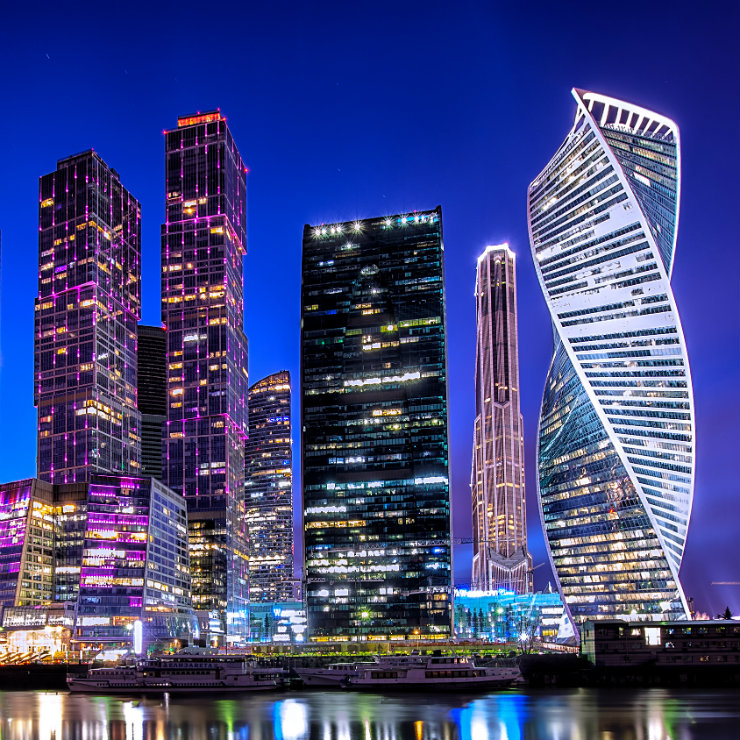
The low rate of growth of the Russian economy is the result of many years of neglect, deepening isolation and the lack of a coherent economic policy.
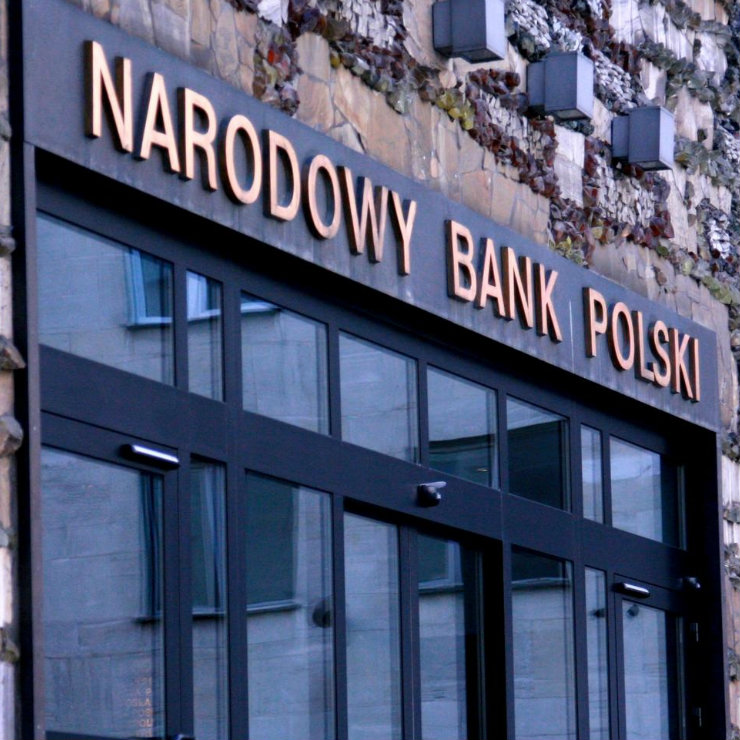
Changes in short-term interest rates have a significant impact on the economy, but the size of this impact is curbed by a relatively small role of credit as a source of financing for Polish enterprises.
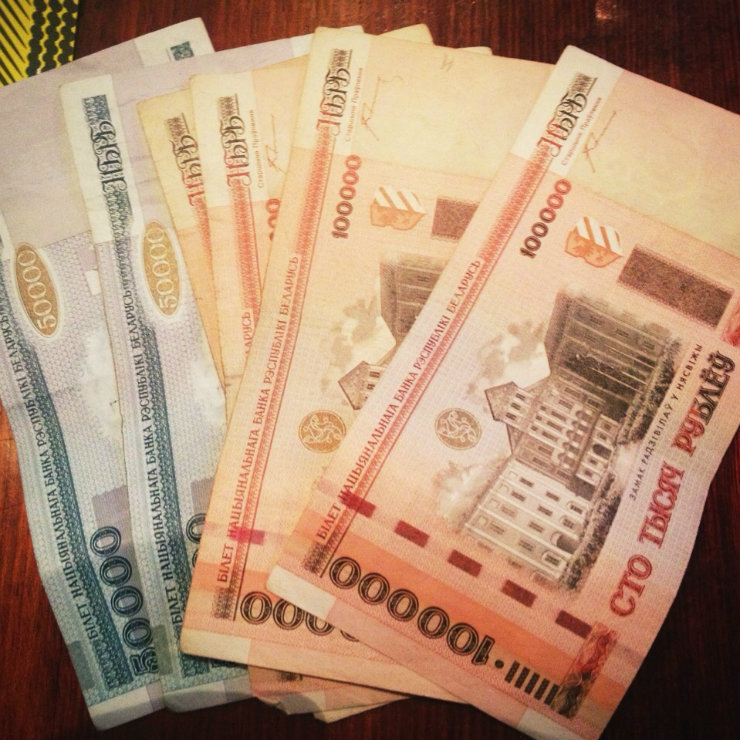
Many experts only focus on the negative phenomena of the Belarusian economy, and ignore the positive signals, which have become clearer in recent years and are worth noting.
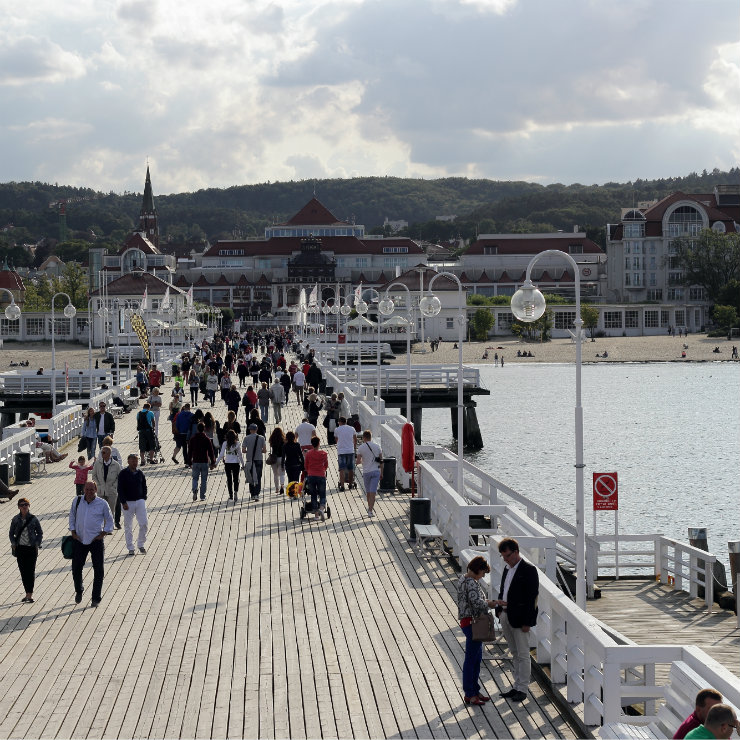
The economists cooperating with the European Financial Congress predict that the period of boom in the Polish economy is already past its peak and that the rate of growth will drop from 4.5 per cent in 2018 to less than 3 per...
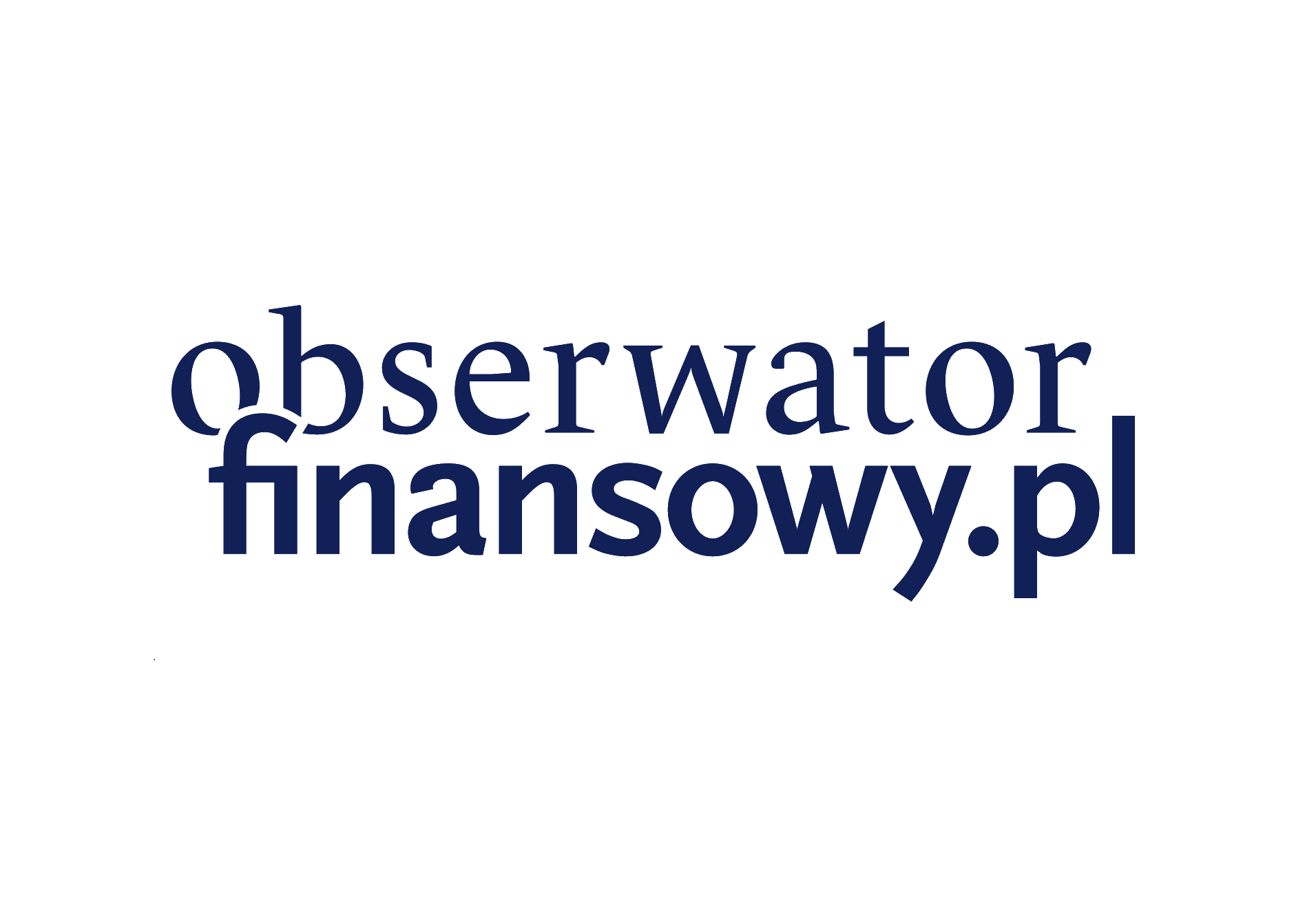
The liberal policies of Serbia's Prime Minister Ana Brnabić are beginning to bear fruit. GDP growth in the Q1’18 reached 4.5 per cent, exceeding previous forecasts of 3.9 per cent.
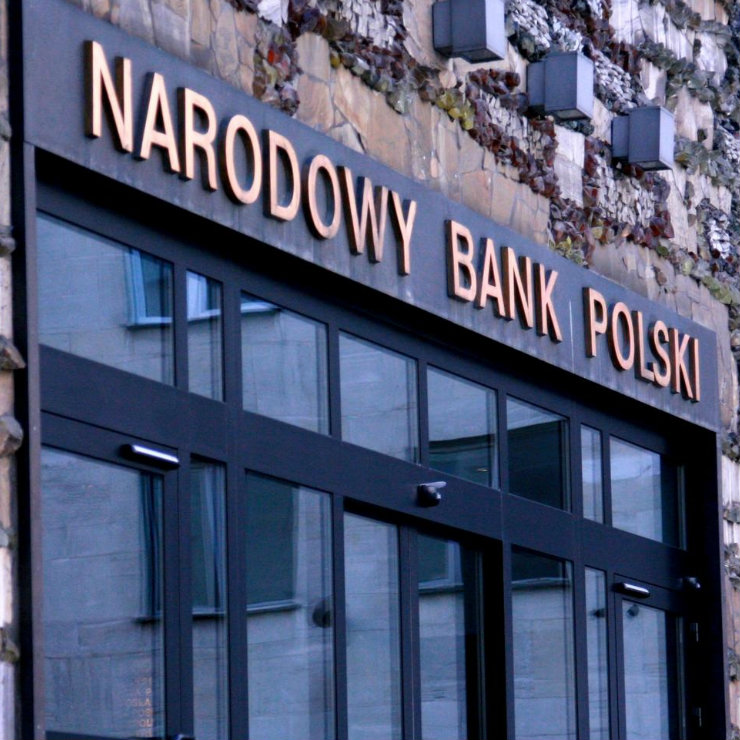
Despite favorable global economic conditions, inflation in Poland remains moderate, writes Poland’s central bank, NBP in its “Inflation report, July 2018”.
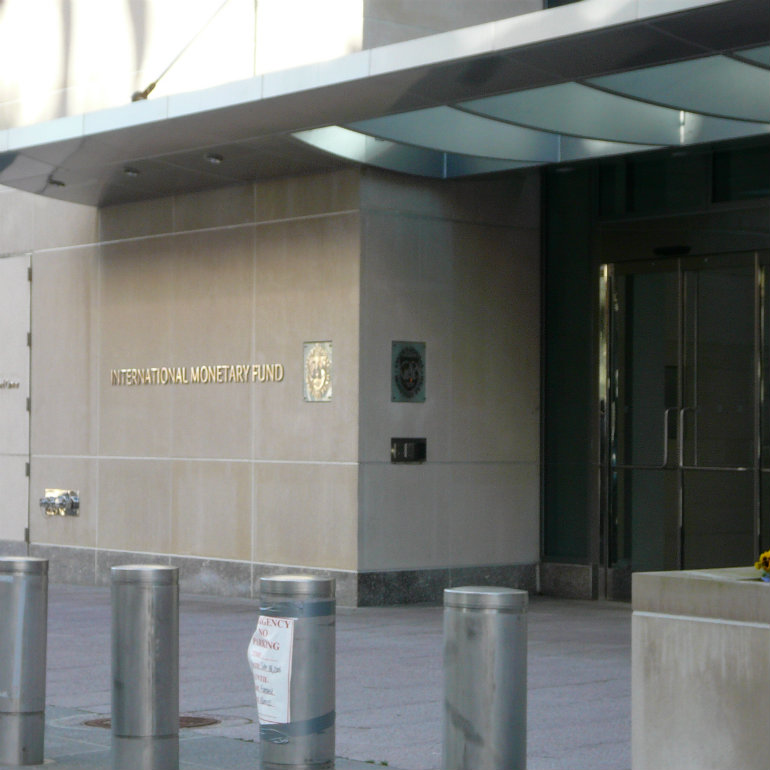
The economic policy leaders participating in the annual meetings of the IMF and the World Bank called on central banks to continue policies based on low interest rates.
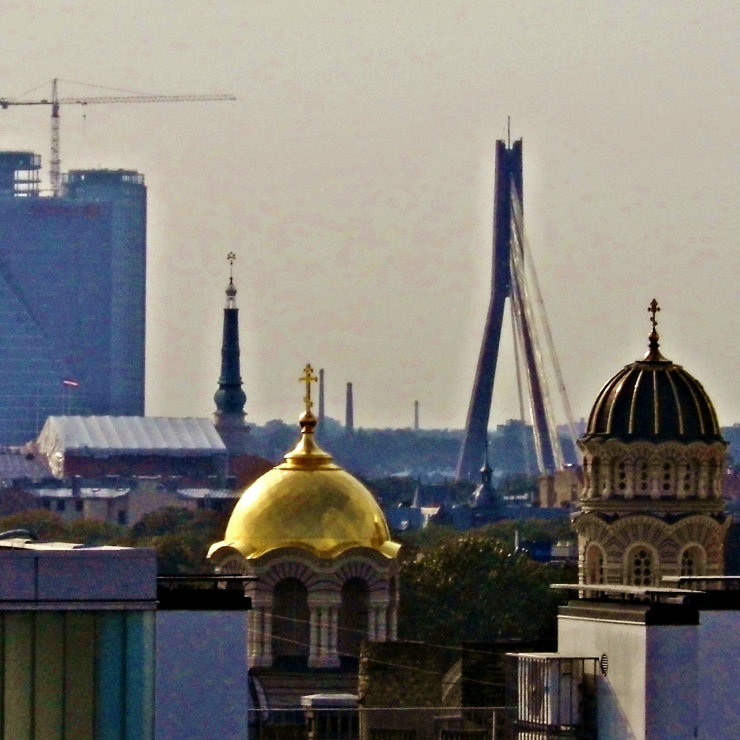
Two reports from Nordea Bank and Ergo Insurance have highlighted Latvia in both - economic outlook and individual feeling of security.